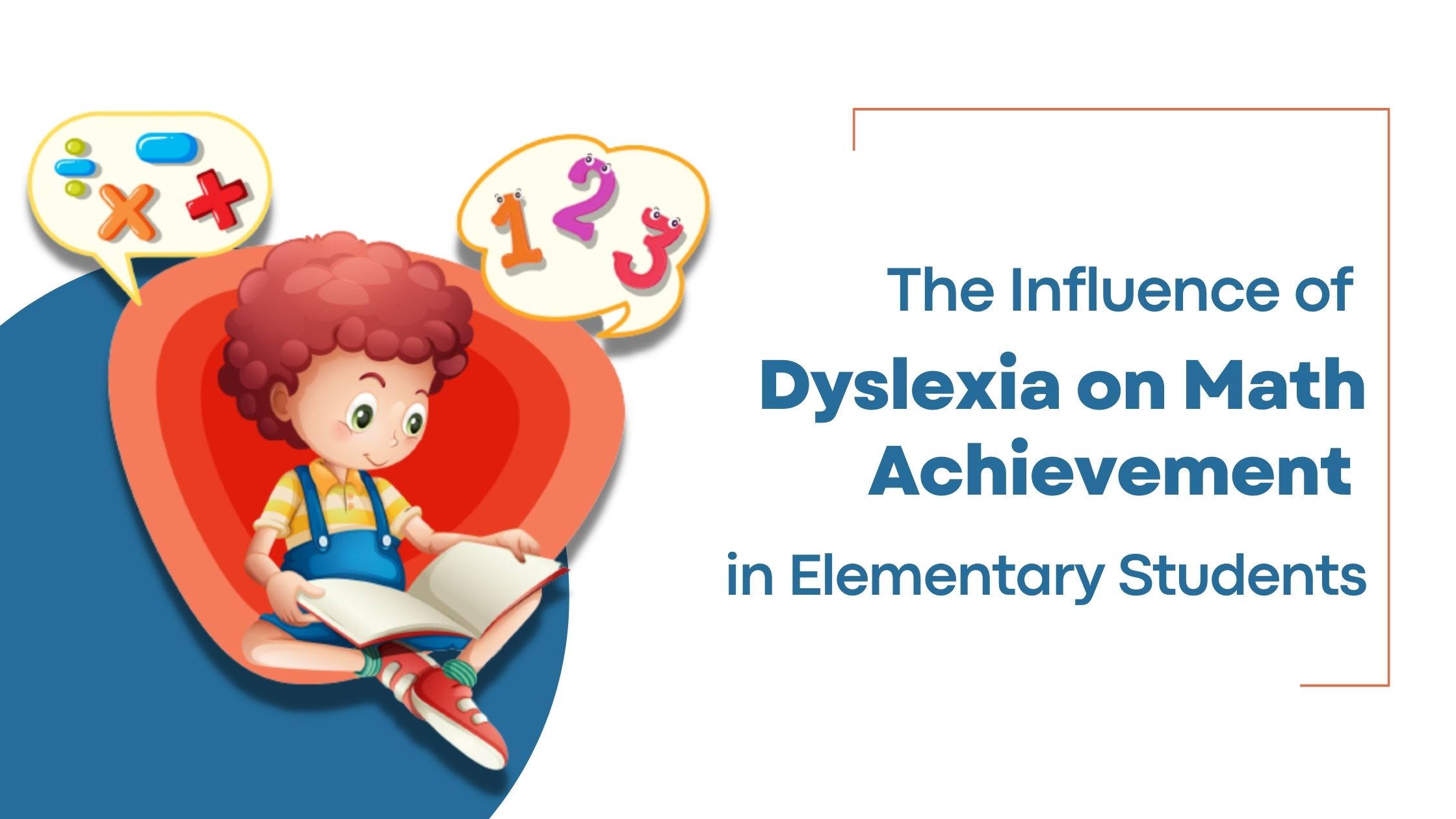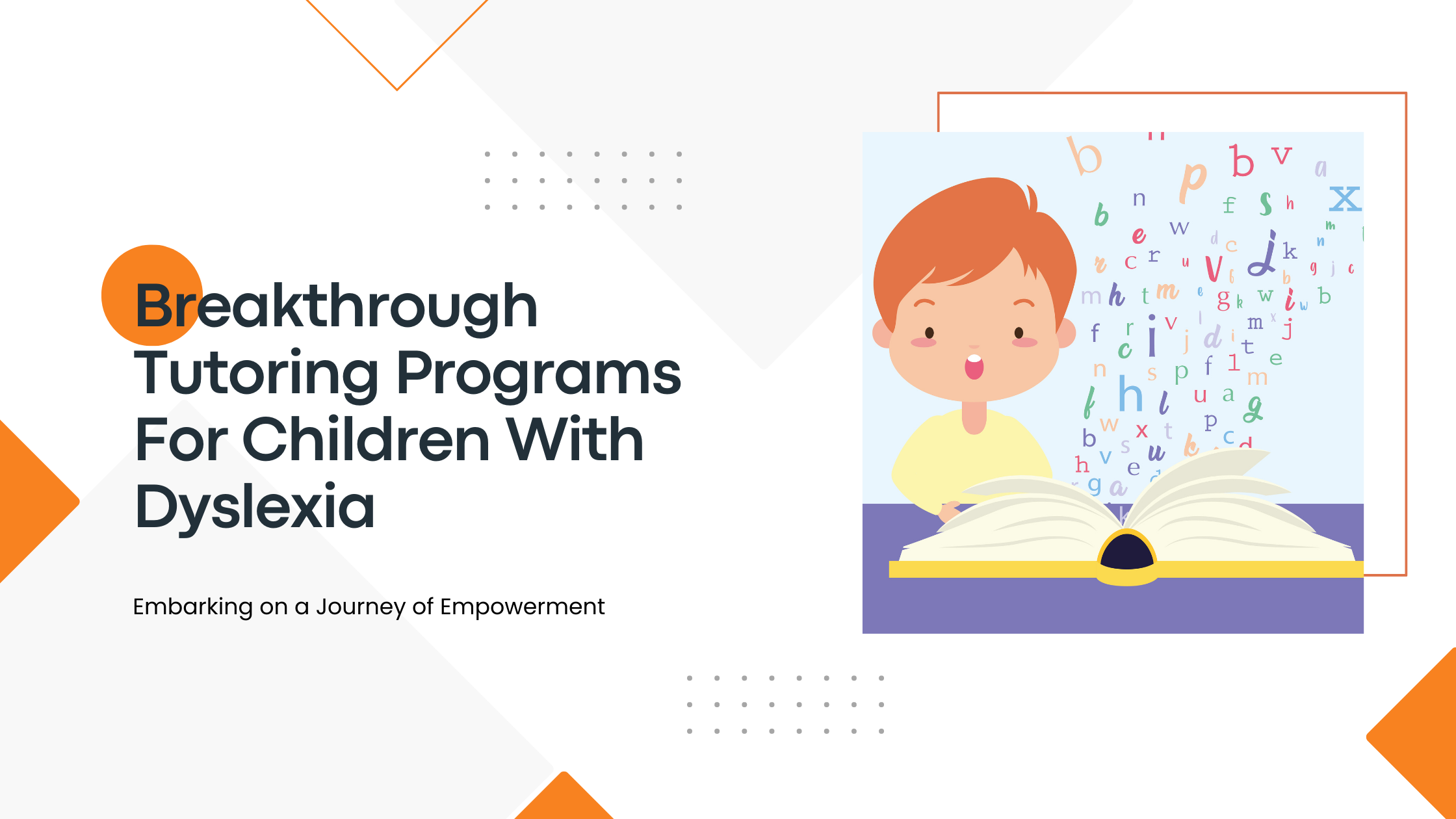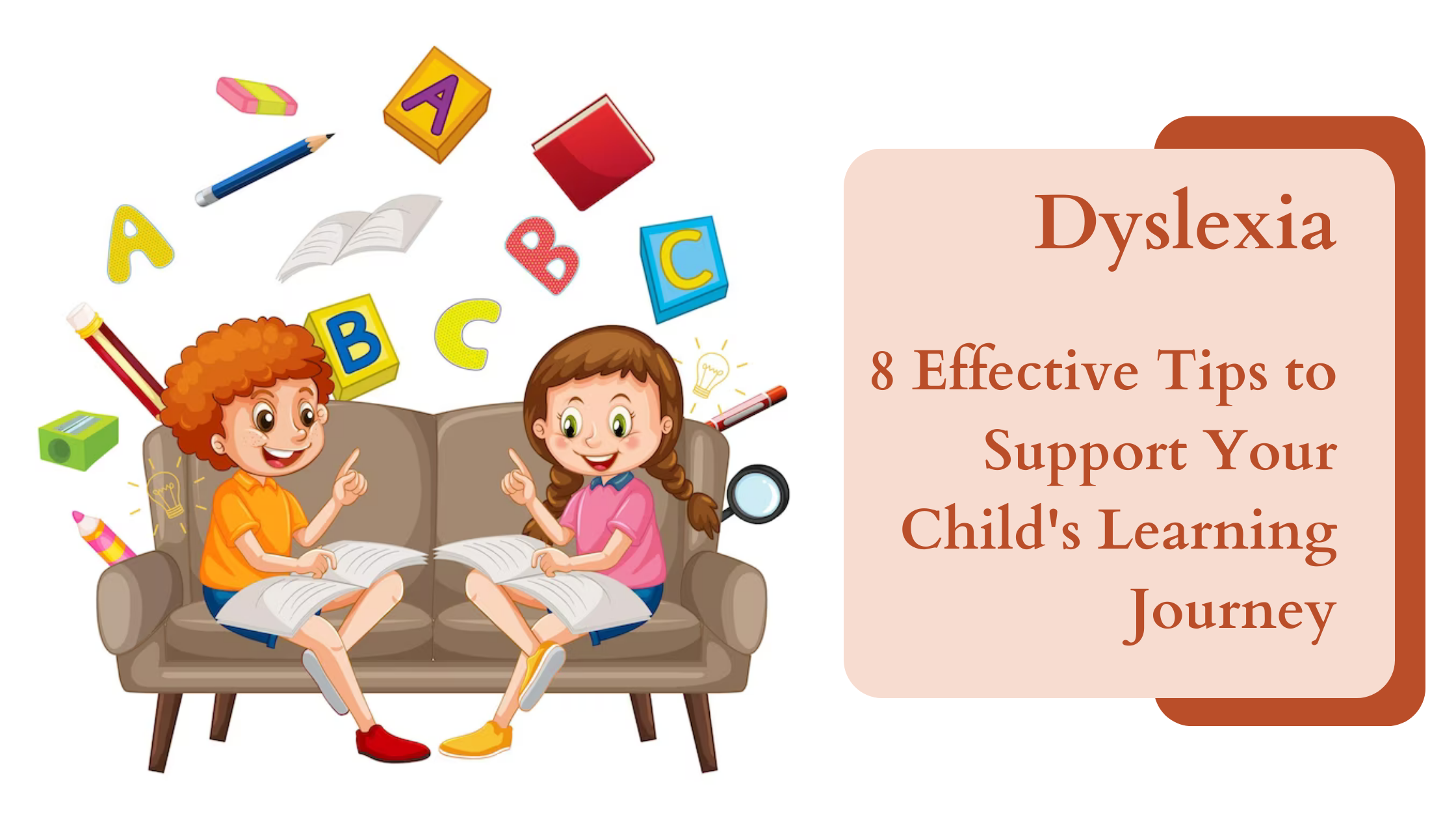Navigating the Conversation: A Parent’s Guide to Talking with Their Child About Dyslexia
If you’re a parent of a child with dyslexia, you know how challenging it can be to talk to your child about their reading and writing struggles. But don’t worry, we’ve got you covered! In this blog, we provide some tips on how to approach this conversation and support your child’s learning at home.
As a parent, you want your child to succeed and reach their full potential, and learning at home plays a crucial role in helping them do that. Navigating the conversation about dyslexia with your child can be overwhelming, but approaching it with patience, empathy, and understanding is important. With the right tools and support, you can help your child develop a positive mindset and overcome any obstacles they may face.
Whether you’re just starting to explore dyslexia or looking for new ways to support your child’s learning, this guide will provide valuable insights and strategies to help your child thrive. So, let’s dive in and discover how you can talk to your child about dyslexia in a gentle and supportive way.
Supporting Your Child’s Learning and Emotional Needs Through Dyslexia-Friendly Learning
Dyslexia is not a disease but something that a person has for life. However, with the right approach to learning, your child can easily cope with their difficulties. At the same time, they may also have some unique strengths, including creativity, spatial reasoning, and out-of-the-box thinking. To support your child’s learning, it’s important to understand their individual needs and preferences.
Understanding your child’s learning style is crucial when it comes to supporting their academic growth. Dyslexia-friendly learning considers the strengths and challenges of each child, providing them with a personalized approach to education that enhances their learning potential.
How to Talk to Your Child About Dyslexia
- Create the Right Setting for Your Conversation
The key to talking to your child about dyslexia is to create a safe and supportive environment. Find a quiet moment when you and your child can talk without distractions. Take them out for a treat or a walk, making it a fun and positive experience. Remember, this conversation is an opportunity to show your child that you love and support them, no matter the challenges in their learning journey.
- Explain What Dyslexia Means
It’s essential to explain to your child what dyslexia is and how it affects their reading and writing. Make sure they know that dyslexia is not a reflection of their intelligence or abilities. Encourage them by telling them they can achieve great heights despite their learning challenges and they are not alone in their struggles.
Let your child know that many successful and influential people, including actors, entrepreneurs, and artists, have also experienced dyslexia and have achieved great success despite their learning differences. By sharing stories of successful individuals who have overcome dyslexia, you can inspire your child to embrace their unique strengths and view their dyslexia as a gift rather than a limitation.
- Make Them Understand How Their School Will Help
Children with dyslexia may worry that their teachers think they are not working hard enough. Assure them that their school understands their challenges and will help them achieve their goals. Keep them involved by inviting them to meetings and letting them have a say in their learning plan.
Reassure your child that their school is committed to helping them succeed and that they have a team of teachers and professionals specially trained to support their unique learning needs.
- Use Accurate and Clear Words
It’s essential to be transparent and honest with your child when discussing their dyslexia. Use clear and specific language to help them understand what dyslexia means and how it affects their learning. Encourage them to ask questions and express their concerns.
Working with their teachers, you can develop an individualized education plan that addresses their specific needs and goals. This plan may include accommodations such as extra time on exams, assistive technology, or specialized reading materials. Providing these resources and support can help your child succeed academically and build confidence in their abilities.
Remember, dyslexia is a lifelong condition, but your child can thrive and achieve their full potential with the right tools and strategies.
- Discuss Their Relationship with Their Sibling
Children with dyslexia may worry that their sibling (s) feels left out or neglected. Make sure they understand that you love both of them equally and that you will make sure their sibling doesn’t feel slighted. Encourage your children to support each other by reminding them that everyone has unique strengths and challenges and can learn from each other and grow together.
Take Action and Support Your Child’s Learning with Strategic Learning Clinic’s Dyslexia Programs. Contact Us Today to Learn More.
Don’t let dyslexia hold your child back from reaching their full potential. At Strategic Learning Clinic, we understand the unique challenges that children with dyslexia face and offer online reading and writing programs that are specifically designed to help them succeed. Our experienced team of professionals will work closely with you and your child to create a personalized plan that meets their individual needs and goals.
Give your child the gift of confidence and success in their learning journey – contact us today to learn more about our programs for children with dyslexia.
Also read, Understanding Your Child’s Difficulty With Reading Comprehension



